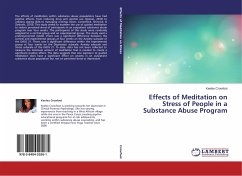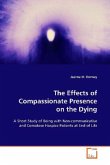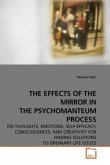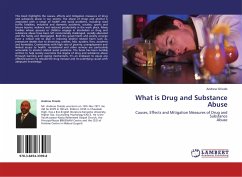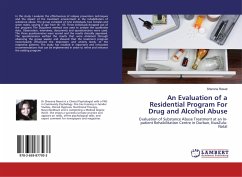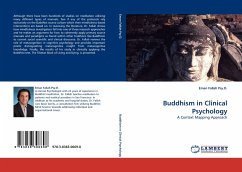The effects of meditation within substance abuse populations have had positive effects, from reducing drug and alcohol use (Special, 2010) to utilizing coping skills to managing cravings (Chen, Comerford, Shinnick, & Ziedonis, 2010). This study aimed to examine the use of guided meditation to reduce perceived stress of participants in an outpatient substance abuse program over four weeks. The participants of this study were randomly assigned to a control group and an experimental group. The study used a pretest,post-test model. There was a significant difference between the control and experimental groups at four weeks on the Anxiety subscale of the DASS 21. There was a significant difference within the experimental group at four weeks on the Depression subscale, Anxiety subscale and Stress subscale of the DASS 21. To date, data has not been collected to measure the minimum amount of meditation that is needed to create a significant positive effect. The data suggests that one exposure to guided meditation does have a significant effect on anxiety in an outpatient substance abuse population but not on perceived stress or depression.
Bitte wählen Sie Ihr Anliegen aus.
Rechnungen
Retourenschein anfordern
Bestellstatus
Storno

